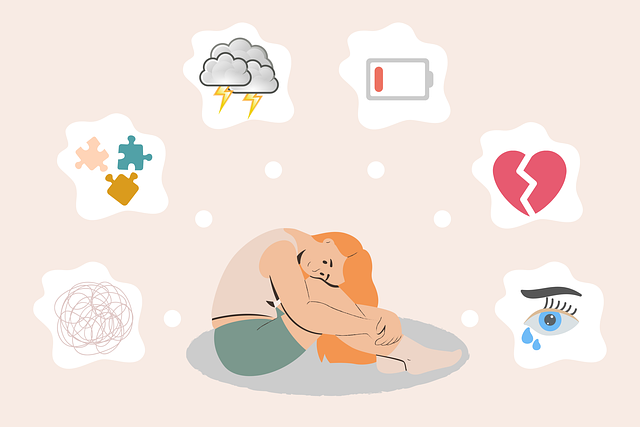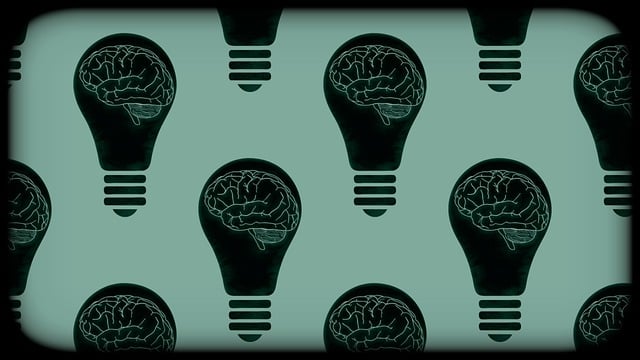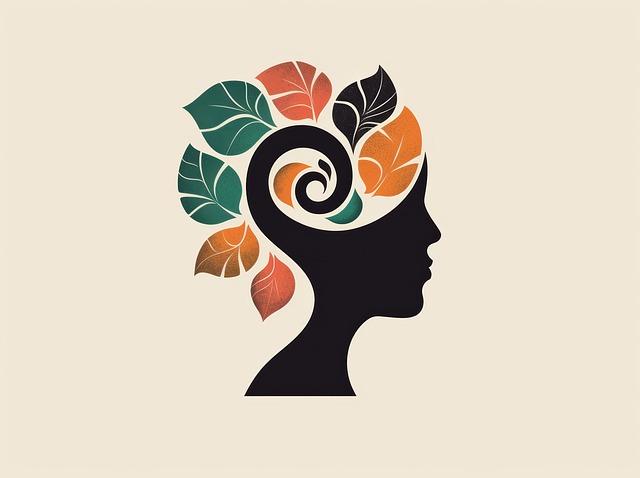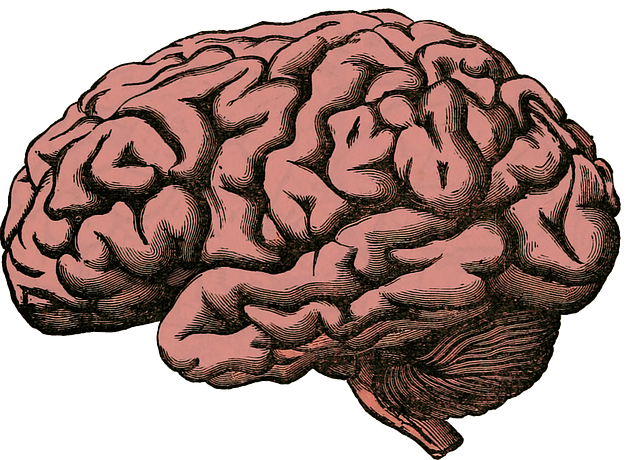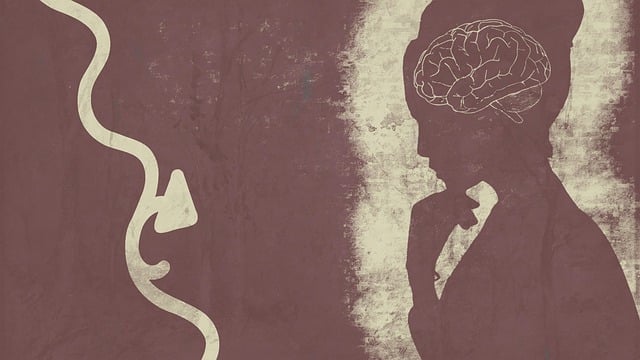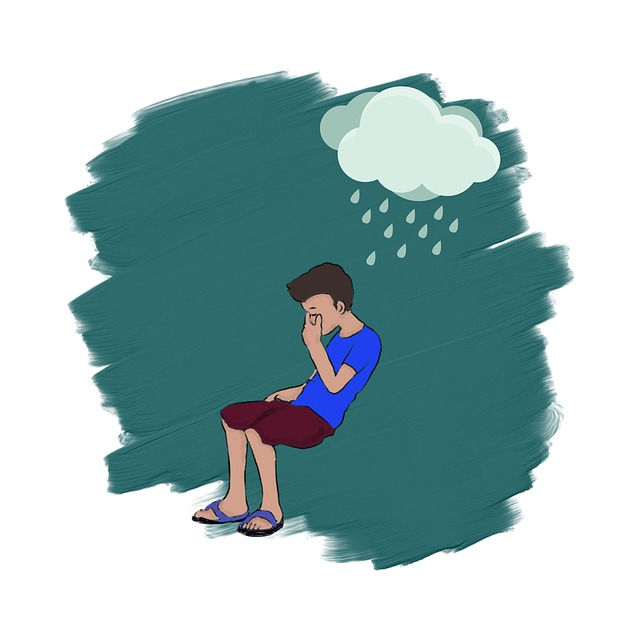In Colorado Springs, culturally sensitive care is paramount in adolescent and teen therapy. Therapists must embrace diverse communities' values, beliefs, and traditions to meet their specific mental wellness needs. This involves incorporating Indigenous ancestral healing practices, providing language-accessible services for immigrants, and cultivating empathy. By recognizing and valuing cultural backgrounds, therapists can personalize techniques and interventions, fostering trust and open dialogue. Effective strategies include training programs, tailored education, and respectful relationships, leading to enhanced treatment outcomes and empowering teens with knowledge about their emotional well-being. Colorado Springs Adolescent and Teen Therapy benefits greatly from these culturally sensitive approaches.
In Colorado Springs, a vibrant hub with a diverse population, cultural sensitivity in mental healthcare is paramount. This article explores strategies for culturally responsive practice within adolescent and teen therapy contexts, focusing on improving treatment outcomes. We examine how understanding cultural diversity shapes effective care, emphasizing the importance of building trust and fostering healing relationships. By integrating these principles, Colorado Springs’ mental health professionals can better serve their community, ensuring positive outcomes for all adolescents.
- Understanding Cultural Diversity in Colorado Springs Adolescent and Teen Therapy
- The Impact of Cultural Sensitivity on Treatment Outcomes
- Strategies for Culturally Responsive Practice in Mental Healthcare
- Building Trust and Fostering Healing Relationships
Understanding Cultural Diversity in Colorado Springs Adolescent and Teen Therapy

In Colorado Springs, the adolescent and teen therapy landscape reflects the vibrant cultural tapestry of the region. Understanding and respecting this diversity is paramount for mental health professionals aiming to provide culturally sensitive care. The city hosts a mix of communities with distinct values, beliefs, and traditions, all of which shape individual experiences of mental wellness and self-care. For instance, Indigenous youth may require therapeutic approaches that incorporate ancestral healing practices, while those from immigrant backgrounds might benefit from language-accessible services and cultural references familiar to them.
Colorado Springs adolescent and teen therapy practitioners must be adept at tailoring their practices to meet these diverse needs. This involves not just acquiring knowledge about various cultural perspectives but also cultivating compassion and empathy. Incorporating self-care routine development for better mental health and exploring compassion cultivation practices can enhance therapeutic outcomes, fostering a safe space where youth from all backgrounds feel understood and supported on their journeys towards mental wellness.
The Impact of Cultural Sensitivity on Treatment Outcomes

Cultural sensitivity is a cornerstone of effective mental healthcare practice, especially when catering to diverse communities in Colorado Springs Adolescent and Teen Therapy settings. By embracing cultural awareness, therapists create an environment that not only respects but also enhances treatment outcomes for young individuals from various ethnic, racial, and socioeconomic backgrounds. This approach goes beyond mere tolerance; it involves understanding and appreciating the unique cultural contexts that shape a client’s experiences and perspectives.
When therapists are culturally sensitive, they can employ tailored Emotional Well-being Promotion Techniques and Mental Wellness Journaling Exercise Guidance to address specific needs. For instance, knowledge of a client’s cultural beliefs about mental illness and healing can guide therapists in selecting appropriate interventions for Anxiety Relief. This personalized approach fosters trust and engagement, encouraging open communication and ultimately leading to improved treatment adherence and positive outcomes.
Strategies for Culturally Responsive Practice in Mental Healthcare

Incorporating cultural sensitivity into mental healthcare practice is essential for providing effective support to a diverse range of clients, especially in areas like Colorado Springs Adolescent and Teen Therapy. Strategies for culturally responsive practice include understanding and respecting individual and community values, beliefs, and traditions. Therapists can achieve this by actively listening to patients’ experiences, validating their cultural identities, and tailoring interventions accordingly. This approach fosters trust and strengthens the therapeutic alliance, leading to improved mental wellness outcomes.
To enhance cultural sensitivity, healthcare providers can participate in training programs and workshops focused on diversity and inclusion. Organizations like the Stress Management Workshops offer valuable resources for learning burnout prevention strategies tailored to diverse populations. By integrating these practices, mental health professionals can create inclusive environments that address not just symptoms but also the underlying cultural contexts affecting their clients’ well-being.
Building Trust and Fostering Healing Relationships

In the realm of mental healthcare, especially when catering to adolescents and teens in Colorado Springs, building trust is paramount. Cultural sensitivity plays a crucial role in fostering secure therapeutic relationships that encourage open communication and emotional expression. By understanding and respecting diverse cultural backgrounds, therapists create an environment where young individuals feel seen, heard, and valued. This trust becomes the bedrock upon which healing can occur, enabling adolescents to explore their mental health issues without fear or judgment.
The process of cultivating confidence and boosting self-esteem is enhanced through culturally sensitive practices. Therapists can design tailored mental health education programs that address specific cultural needs, empowering teens with knowledge about their emotional healing processes. This approach not only ensures effective treatment but also paves the way for long-lasting positive outcomes, as adolescents gain a deeper understanding of their mental well-being within the context of their unique cultural identities.
In the diverse landscape of Colorado Springs, providing culturally sensitive mental healthcare is not just a practice but a necessity. By understanding and appreciating cultural diversity, therapists can significantly improve treatment outcomes for adolescents and teens. Implementing strategies that foster inclusive environments, such as building trust and incorporating culturally responsive approaches, ensures every client feels seen and heard. The impact extends beyond individual healing; it revolutionizes the overall mental healthcare experience in Colorado Springs, fostering a more supportive and effective environment for all young people seeking therapy.
